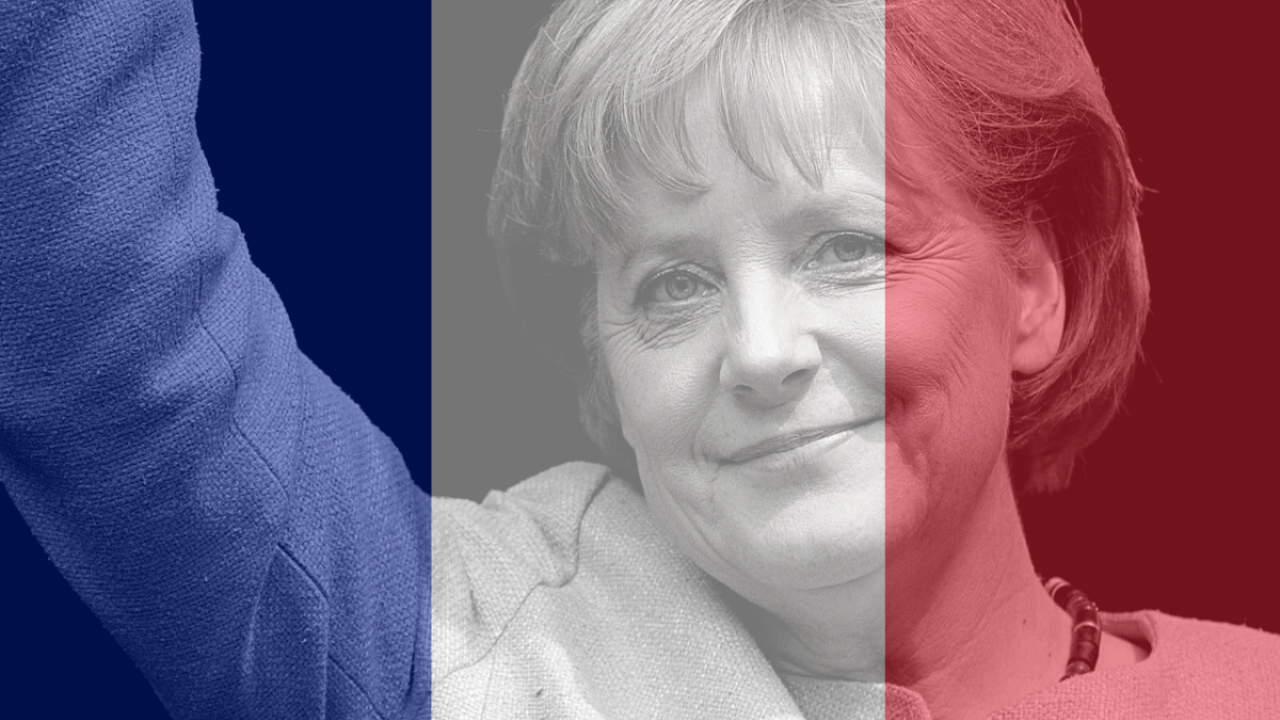What they want: Paris’s views on the new German government
With Germany’s leaders focused on domestic politics in the coming months, French President Emmanuel Macron will need to suggest policy initiatives to, and build coalitions with, other EU member states
French President Emmanuel Macron will have learnt from his last experience with Germany’s federal elections. He will be eager to prevent a repeat of the frustration he must have felt in 2017 when, shortly after coming to power, he used a speech at the Sorbonne to reach out to a Germany that was busy building a governing coalition – only to receive no response. As French Europe Minister Clément Beaune said in a recent interview, France should make the most of the coming weeks to reinforce its capacity to build coalitions in the European Union. This should involve cooperation with not just the country’s traditional partners, such as Italy and Spain, but also less obvious ones, such as the Netherlands and the Nordic countries.
French leaders are particularly anxious to see two outcomes of the coalition negotiations between Germany’s main political parties: who will fill key ministerial posts, and how the length of the talks will affect the French presidency of the European Council in the first half of 2022. Indeed, Macron is not really worried about whether the next German chancellor is Olaf Scholz of the Social Democratic Party (SPD) or Armin Laschet of the Christian Democratic Union. The French president has ties to both politicians, and invited them to the Elysée Palace in the last weeks of the German election campaign.
The complexity of the Bundestag makes it difficult for French officials to predict what kind of governing coalition will emerge from the negotiations. At first glance, it might seem that Macron’s government would find common ground with all parties that could make up the coalition. But some of them will make it harder for him to defend his policies. For instance, the liberal Free Democratic Party (FDP) opposes the European budgetary integration and debt mutualisation advocated by France, aiming to quickly restore the constitutional debt limit Germany suspended in response to the pandemic. Similarly, the defence and energy policies of the Greens and the SPD could slow down projects Macron has backed in recent years, such as the Future Combat Air System and the European Intervention Initiative.
If Merkel prioritised European cohesion above all else – as suggested by a recent ECFR survey – Macron will have to take on this role once she leaves office
Therefore, French officials have a keen interest in who will become Germany’s next finance minister and foreign minister. The former, a role in which FDP leader Christian Lindner has declared an interest, will be central to EU discussions of common debt and budgetary reforms. The latter may have become less important under Chancellor Angela Merkel, but would be instrumental to Germany taking on a more geopolitical role and supporting European strategic autonomy – as Macron hopes it will.
With Germany’s leaders focused on domestic politics in the coming months, Macron will need to suggest initiatives to, and build coalitions with, other EU member states. For example, Paris could discuss EU budgetary reforms and migration with Rome and Madrid; defence and transatlantic relations with Warsaw and Tallinn; and climate change and the European Green Deal with the Dutch and Danish governments. If Merkel prioritised European cohesion above all else – as suggested by a recent ECFR survey – Macron will have to take on this role once she leaves office. Indeed, France’s president now has a good experience of European summits and knows his counterparts in other European countries – which is not the case for Scholz, who will most likely be the next German chancellor. In the past few years, Macron has been the main source of new proposals for EU policy – some of which have led to divisions between member states. Now, it is high time that he reaches out to other European leaders to win their support for his initiatives.
The need for European cohesion has become more apparent than ever in recent months, in light of the NATO withdrawal from Afghanistan, the EU’s discussions on its migration and asylum pact, and the impact of the AUKUS security and technology arrangement on the EU strategy for the Indo-Pacific. France’s upcoming presidency of the European Council provides it with the perfect opportunity to address such issues. But it will need a strong ally in Germany to deal with debates on projects that began under the German presidency, such as the Strategic Compass. Accordingly, Macron will hope that Germany’s parties form a government before the end of the year – and that, in the meantime, he will be able to use his good relationship with Merkel and her popularity within the EU to best prepare for the main activities of the French EU presidency, such as the summit with the African Union in February 2022 and the European defence summit planned for the following month. Nonetheless, Paris should not forget that it can develop the EU’s long-term strategies with its allies in 25 other member states, including the Czech Republic and Sweden, its partners in the trio of the Council presidency.
The European Council on Foreign Relations does not take collective positions. ECFR publications only represent the views of their individual authors.



